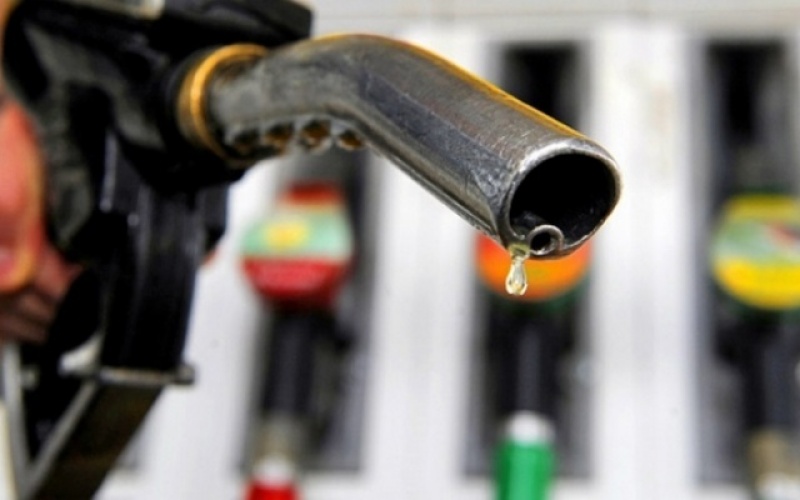The Chamber of Petroleum Consumers (COPECGH) has charged relevant authorities in the country to ensure that unreasonable fuel price increments are curtailed.
According to a press release signed and released by the Executive Secretary of COPECGH, Duncan Amoah, “The current spate of fuel price increases is simply unsustainable and must be a top priority for the current government to curtail and reverse.”
He expressed worry in the statement that the trend could lead to “public anxiety and anger” resulting in “mass agitations and street protests”.
According to COPECGH, consumers were jubilant after the 2017 budget reading which came with the announcement of the scrapping of some taxes on petroleum products, the net expected impact of a three per cent drop in fuel prices for consumers. However, the promised reductions seemed to have been wiped off “by recent increases at the pumps”.
The statement added that “cost of public transport is indeed likely to go up anytime from next week and could further worsen the already harsh economic climate in the country” hence government must act immediately.
Below is the full statement:
CHAMBER OF PETROLEUM CONSUMERS
HALT THE PERSISTENT FUEL PRICE INCREASES NOW
08 / 03/ 17
Fuel prices continue to go upwards in the country even after the budget presentation that sought to attempt reducing same from the removal of excise levy and a reduction on the special petroleum tax (spt) from 17.5% to 15%.
Although consumers jubilated and cheered these budgetary reductions, the net expected impact of about 3%, which is yet to be felt across pumps, seem to have already been wiped off by recent increases at the pumps.
Fuel prices over the past six windows spanning some three months has only seen consumers pushed to squeeze additional monies every window, a cumulative 19.6% has since been added to pump prices from previous average pump prices of 16.30/ gallon or 3.620/litre to current average levels of 4.320/ litre or 19.46/ gallon.
World market indexes have remained fairly stable over the period trading at averages of between $53-$56 though currently a bit lower.
The cedi which seems to be the major factor in these incessant increases has since the same period lost about 17.73% from previous exchange values of ghc3.89/1$ to current market average levels of ghc4.580/$1.
The managers of the country’s currency obviously have and are doing a very poor job with the speed of depreciation of the local currency hence resulting in these avoidable increases on consumers. What has become more worrying is not only the trend but the fact there seems no end in sight for these persistent fuel price increases as importers who require over $300 million monthly to be able to supply the market with the needed products also have to go on the open market for the dollar as there are not guaranteed the notes by the bank of Ghana.
The net effect of this poor management of the country’s currency is the continuous increases in pump prices at a time when the global fuel pricing index seems to suggest Ghana has reduced fuel prices from the previous $0.94/litre to current $0.87/ litre levels.
Public anxiety and anger is mounting and could soon result in mass agitations and street protests if the current trend is not checked. The current spate of fuel price increases is simply unsustainable and must be a top priority for the current government to curtail and reverse.
Cost of public transport is indeed likely to go up anytime from next week and could further worsen the already harsh economic climate in the country.
The deregulation programme and it’s application will also need to be reviewed if necessary as some oil marketing companies also are taking undue advantage of the system to charge over the roof prices on unsuspecting consumers.
Signed
Duncan Amoah
Executive Secretary
( COPECGH )
Cc:
Association of Ghana Industries (AGI)
Ghana Private Road Transport Union ( GPRTU )
Industrial and Commercial Workers Union ( ICU )
Ghana Standards Authority ( GSA )
Ghana Chamber of Mines
Institute of Statistical Social and Economic Research
Parliamentary Select Committee On Mines and Energy
Chamber of Bulk Oil Distribution Companies (CBOD)
Ghana Automobile Dealers Association ( GADA )
African Centre for Energy Policy ( ACEP )
Importers and Exporters Association of Ghana
Ministry of Energy
Association of Oil Marketing Companies (AOMCS)
Source: Ghana/AccraFM.com

































